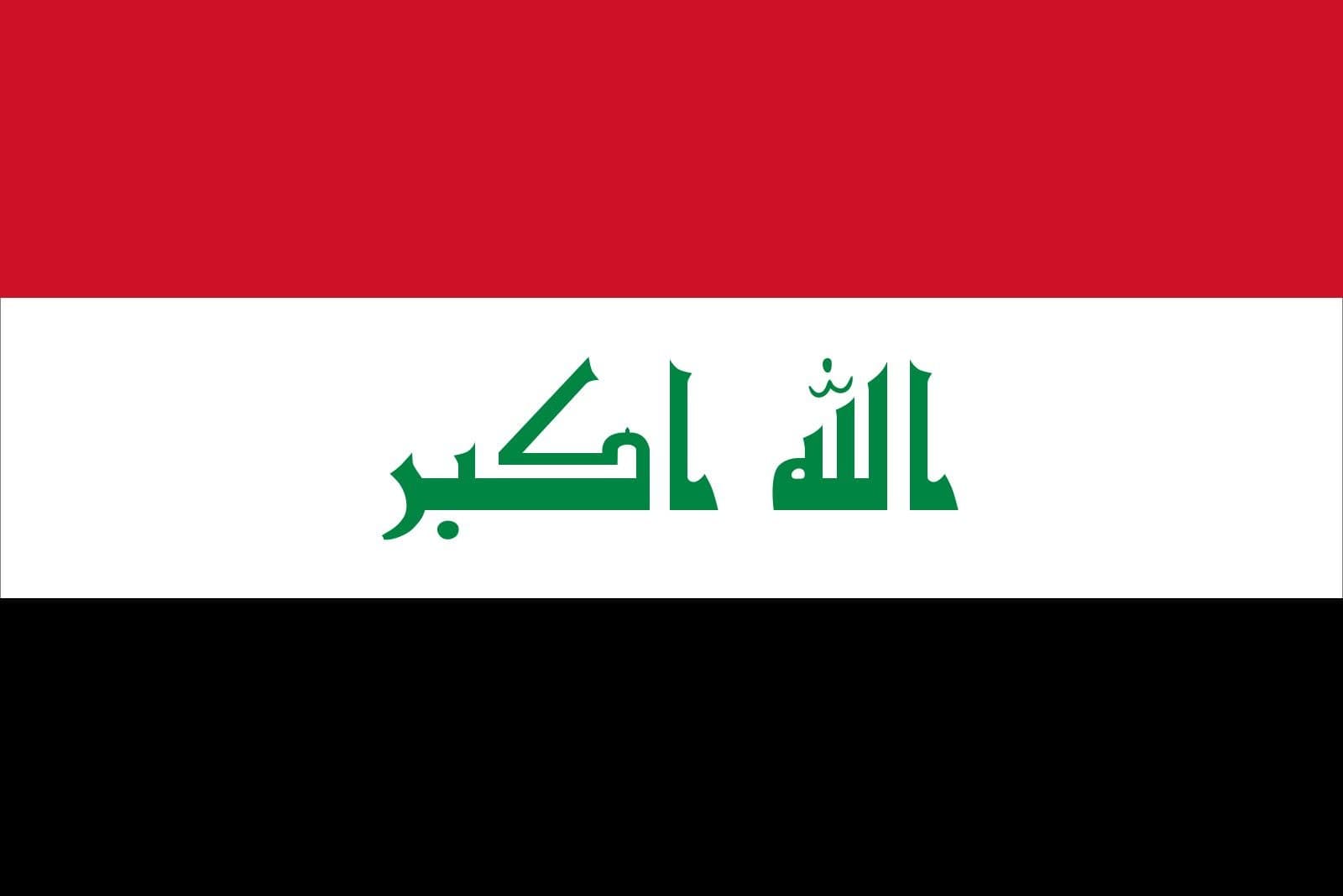Iraq"s Parliamentary Elections Yield Fragmented Results, No Majority Reached
Preliminary results from Iraq"s parliamentary elections, held recently, indicate a fragmented political landscape with no single bloc achieving the necessary majority to govern. Prime Minister Mohammed Shia al-Sudani"s Reconstruction and Development Coalition emerged as the frontrunner, garnering approximately 1.3 million votes and securing the most seats in the 329-member Council of Representatives. However, the coalition fell short of the 165-seat majority threshold required to form a government independently.
Key Details
The elections, which took place on November 12, 2025, were marked by a voter turnout of 56.11%. This figure suggests a cautious yet renewed trust in the electoral process among the Iraqi populace, as noted by Prime Minister al-Sudani in his statements following the election results. Despite the leading position of al-Sudani"s coalition, the absence of a clear majority has resulted in a complex political situation, with pro-Iran and pro-U.S. factions unable to govern alone.
In addition to the challenges faced by al-Sudani"s coalition, internal divisions among Kurdish and Sunni groups are expected to complicate coalition negotiations. These divisions may lead to prolonged discussions and delays in the formation of a new government, which is particularly concerning given the ongoing economic challenges and regional tensions that Iraq faces.
Background
The political environment in Iraq has been characterized by fragmentation and competing interests among various factions, including those aligned with Iran and the United States. The recent elections reflect these ongoing divisions, as no single political entity has been able to secure a decisive mandate from the electorate. The Reconstruction and Development Coalition, led by Prime Minister al-Sudani, represents a significant political force, but the inability to achieve a majority underscores the complexities of Iraqi politics.
The voter turnout of 56.11% is a notable statistic, indicating that while there is engagement in the electoral process, many voters remain wary of the political system. This cautious participation may stem from previous experiences with governance and the socio-economic challenges that have plagued Iraq for years, including issues related to security, corruption, and economic instability.
What"s Next
The immediate future of Iraq"s political landscape appears uncertain as coalition negotiations are set to intensify. The internal divisions among Kurdish and Sunni factions will likely play a crucial role in shaping the next government. As parties engage in discussions to form alliances, the potential for delays in government formation looms large, which could exacerbate existing economic challenges and regional tensions.
In light of these developments, observers will be closely monitoring how the various factions navigate their differences and whether they can come together to form a stable government capable of addressing the pressing issues facing Iraq. The outcome of these negotiations will be critical not only for Iraq"s internal stability but also for its relationships with neighboring countries and international partners.
For further insights into related political developments, refer to our previous reports on similar situations in the region.




![[Video] Putin ready to refrain from deep strikes in Ukraine during elections](/_next/image?url=%2Fapi%2Fimage%2Fthumbnails%2Fthumbnail-1766158260919-wednc8-thumbnail.jpg&w=3840&q=75)


![[Video] Gunfire between Iraqi security forces and Sadr militias in Baghdad](/_next/image?url=%2Fapi%2Fimage%2Fthumbnails%2Fthumbnail-1768343508874-4redb-thumbnail.jpg&w=3840&q=75)
